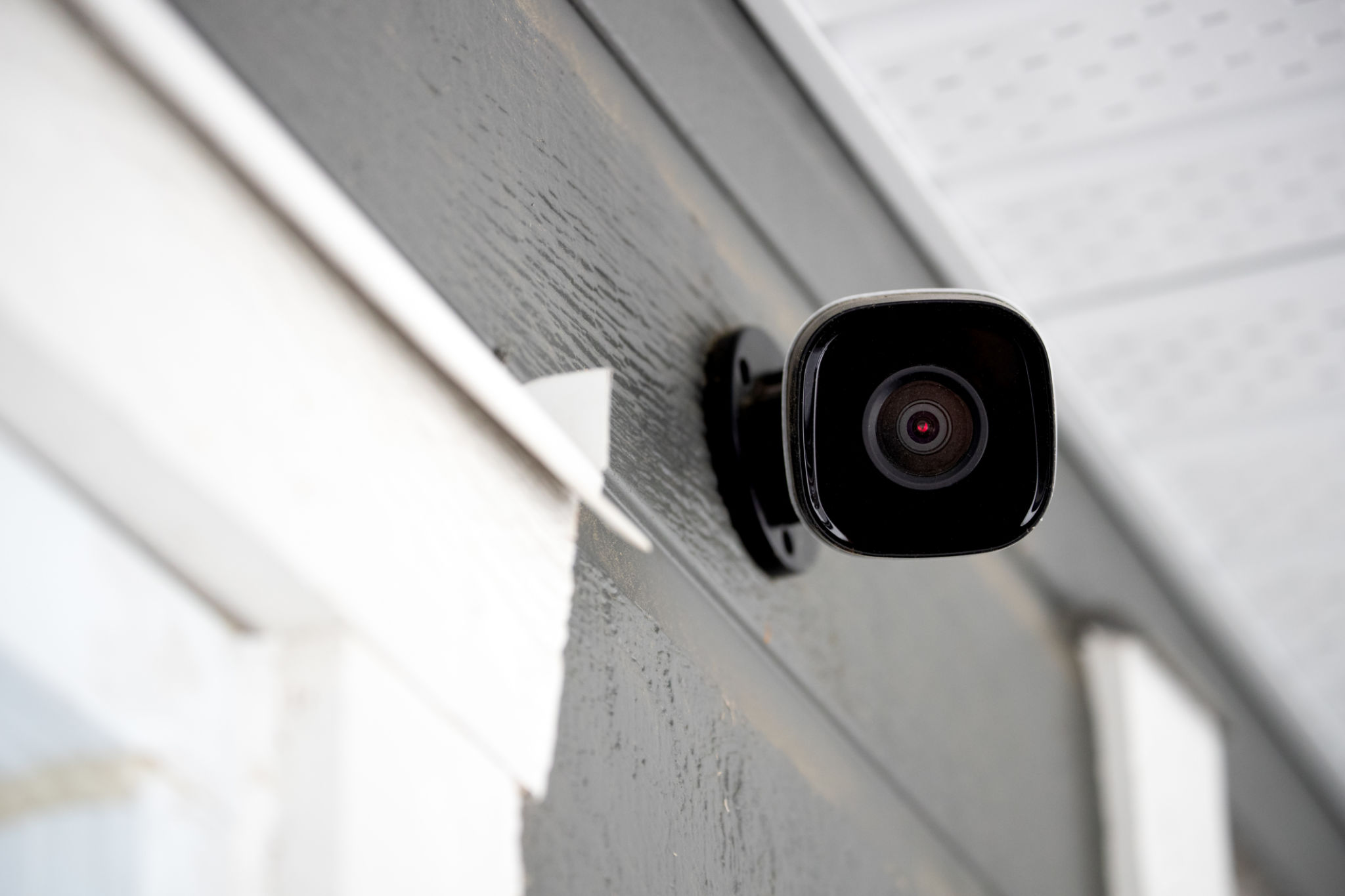DIY Tips for Filming High-Quality Videos at Home
Understanding Your Equipment
Filming high-quality videos at home starts with understanding the capabilities of your equipment. Whether you're using a smartphone, DSLR, or mirrorless camera, knowing your gear's strengths and limitations is crucial. Smartphones today come equipped with excellent cameras that can shoot in 4K and have impressive stabilization features. However, if you have access to a DSLR, you'll have more control over settings like aperture, ISO, and shutter speed, allowing for more creativity in your shots.

Don't forget about audio! Clear sound is just as important as clear visuals. Consider investing in an external microphone, which can significantly enhance the audio quality compared to built-in microphones.
Lighting: The Key to Clear Videos
Lighting can make or break your video quality. Natural light is your best friend when filming at home. Position yourself near a window during the day for soft, even lighting. Avoid shooting directly under overhead lights, as they can cast unflattering shadows.
If natural light isn't sufficient, consider investing in affordable lighting equipment such as ring lights or softboxes. These tools can help simulate natural light and create a more professional look for your videos. Remember: proper lighting can elevate your video from amateur to professional quality.

Setting Up Your Scene
The background and setting of your video play a significant role in its quality. Choose a clean and uncluttered backdrop to keep the focus on you or your subject. If you're filming tutorials or vlogs, consider organizing your space to reflect your content's theme for a more engaging visual experience.
Furthermore, pay attention to your framing and composition. Use the rule of thirds to position your subject off-center for a more visually appealing shot. Make sure your camera is stable by using a tripod or any DIY stabilizing solution you can create at home.
Editing for a Polished Finish
Once filming is complete, it's time to edit your video to polish it to perfection. There are numerous free and paid video editing software options available, such as iMovie, Adobe Premiere Pro, or DaVinci Resolve. These tools allow you to trim clips, adjust colors, add music, and include text or graphics to enhance your video's overall quality.

When editing, keep in mind the pacing and flow of your video. Aim for a balance between informative content and engaging visuals to maintain viewer interest. Additionally, incorporating transitions and effects sparingly can add a professional touch without overwhelming the audience.
Final Tips for Success
Before you hit that record button, plan out your video with a script or storyboard. This preparation helps maintain focus and ensures you cover all necessary points efficiently. Practice speaking clearly and confidently to convey your message effectively.
Finally, always be open to learning and experimenting with new techniques. Watch tutorials online, join forums, or connect with other creators to gain insights and inspiration. With dedication and creativity, you can produce high-quality videos from the comfort of your home.
